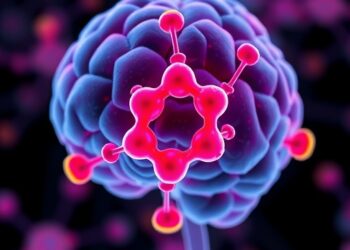Announcing a new publication for Acta Materia Medica journal. Portal vein tumor thrombosis (PVTT), a severe complication of hepatocellular carcinoma (HCC), markedly influences patient prognosis by fostering a hypercoagulable state. However, its molecular underpinnings remain largely unexplored. This study sheds light on the critical role of the KIT ligand (KITLG) in modulating expression of the collagen gene COL4A1 via the STAT3-SMAD2 signaling pathway, thereby influencing platelet activation and PVTT development. Extensive analysis of PVTT tissue samples, alongside in vitro and in vivo experiments including cell-platelet interaction assays and PVTT animal models, revealed the mechanism through which KITLG regulates COL4A1 expression, as well as its downstream effects on platelet behavior and the coagulation cascade. Our findings revealed that marked upregulation of COL4A1 expression, mediated by KITLG through the STAT3-SMAD2 pathway, led to increased platelet activation and PVTT formation. KITLG and COL4A1 expression was markedly higher in PVTT tissues than primary HCC tissues, thus highlighting their critical role in the pathophysiological trajectory leading to thrombosis. The finding that the KITLG-COL4A1 signaling axis is a crucial mediator in PVTT development may offer promising new directions for developing targeted diagnostic and therapeutic strategies. This study underscores the importance of the KITLG-COL4A1 axis in PVTT formation and its potential as a therapeutic target in HCC treatment protocols.
# # # # # #
Acta Materia Medica welcomes the submission of research articles, review articles, databases, mini reviews, commentaries, editorials, short communications, case report articles and study protocols.
Submission Process
Submissions to Acta Materia Medica are made using ScholarOne, the online submission and peer review system. Registration and access are available at
Queries about the journal can be sent to editorialoffice@amm-journal.org.
Please visit to learn more about the journal.
Editorial Board: index.php/editorial-board/
There are no author submission or article processing fees.
Follow Acta Materia Medica on Twitter https://twitter.com/AMM_journal; Facebook (https://www.facebook.com/AMMjournal)
eISSN 2737-7946
# # # # # #
Feifei Mao, Yuqiang Cheng and Kang Wang et al. The KIT ligand KITLG promotes portal vein tumor thrombosis by up-regulating COL4A1 through STAT3-SMAD2 signaling in hepatocellular carcinoma. Acta Materia Medica. 2024. Vol. 3(2):207-225. DOI: 10.15212/AMM-2023-0049
Journal
Acta Materia Medica




